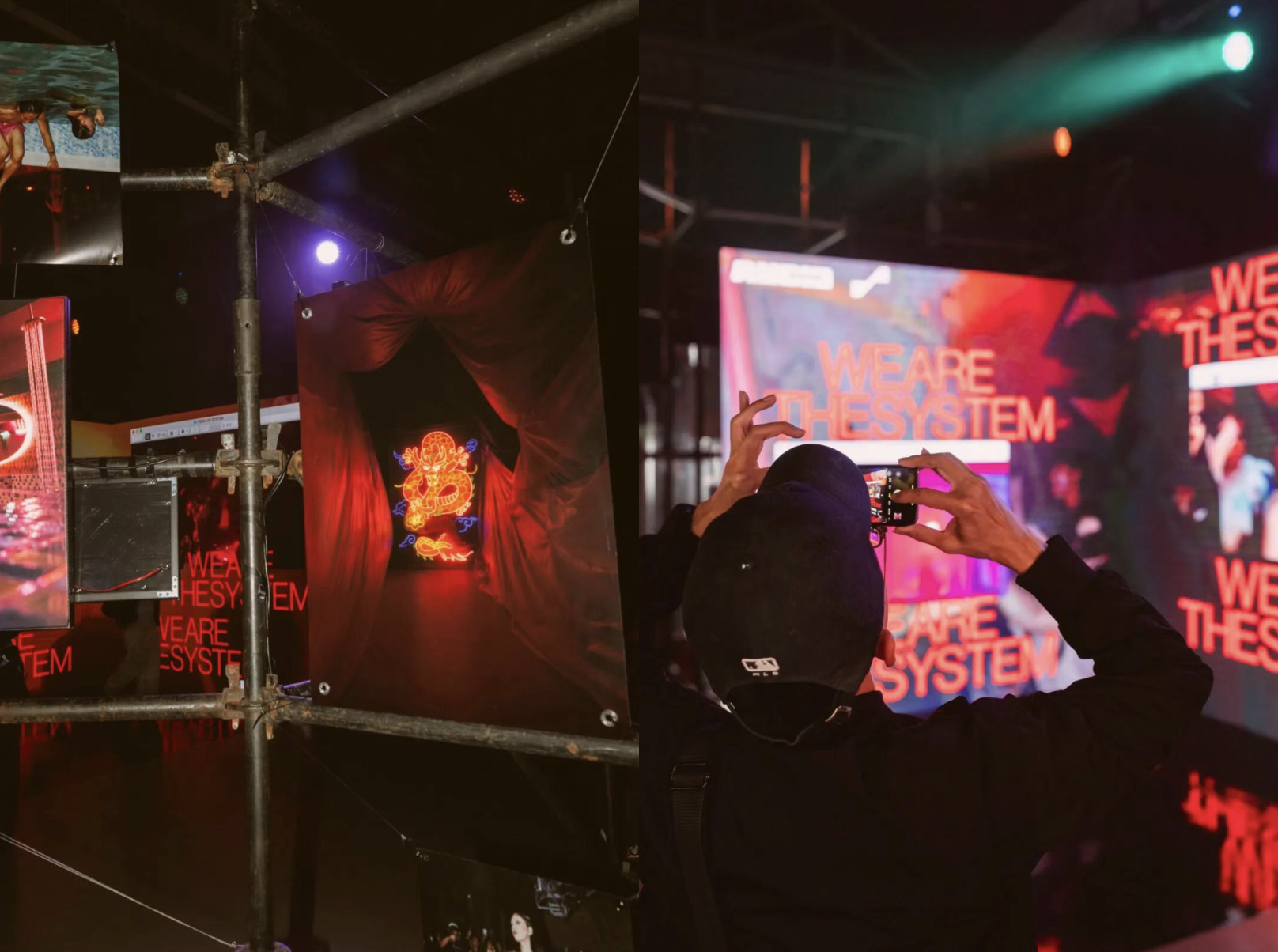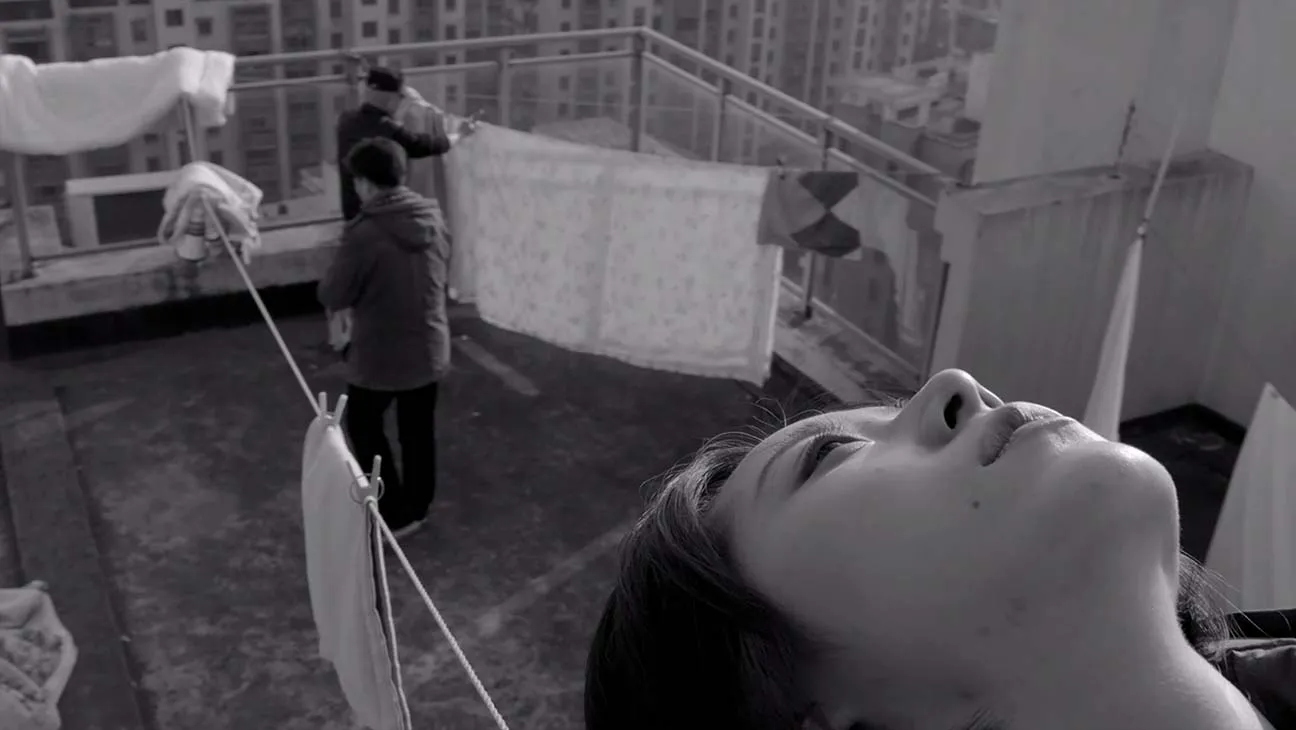Until recently, an entry fee and coat check were all you needed to enter a club or live music venue in China.
In the aftermath of Covid-19, the protocol in most cities around China involves a few more added steps: a temperature check, self-registration, and a green-colored Suishenma (随身码) QR code that shows you are healthy and “green lit” to enter public spaces.
Yet after months of being closed during the Covid-19 pandemic, venues, as well as club-goers, are generally happy to comply in order to make up for lost time and earn their money back.
Beginning in January, the coronavirus outbreak forced many public spaces in China to close to reduce the risk of spreading Covid-19. Though re-openings of these spaces were staggered over the months to follow, it was only in late March that clubs cautiously began to reopen, while, to date, many live music venues are allowed to serve drinks but not to put on live performances. They are still waiting on the word from local authorities to apply for the permits needed to host shows once again.
Unable to reopen or make money, most businesses began to haemorrhage funds during this period. With a lot of their audience confined to their homes, musicians, promoters, venues, and fans came together to support one another online through livestreaming on sites such as Bilibili and Douyin (China’s TikTok).
Related:
 Amidst Coronavirus Lockdown, Musicians in China Livestream the PartyArtists, venues, labels and festivals around the country are creating virtual performance spaces to counteract boredom and anxietyArticle Feb 12, 2020
Amidst Coronavirus Lockdown, Musicians in China Livestream the PartyArtists, venues, labels and festivals around the country are creating virtual performance spaces to counteract boredom and anxietyArticle Feb 12, 2020
Different venues found different impetuses to put on these livestreams. Some used them as a way to keep audiences engaged with their community, while others — such as Beijing-Hangzhou mega-club One-Third, which reportedly donated all of its funds to medical workers — found monetary success online with their streams. For others, however, earning a solid stream of revenue proved difficult.
“The livestreaming thing doesn’t work financially,” says Guo Junjie, Operations Manager at Yuyintang, a 15-year-old live music venue in Shanghai. “We tried our best to lower costs, but we’ve still spent a few thousand [RMB] on buying the essential equipment for streaming, let alone the monthly rent and staff salary.”

A livestream at Yuyintang Park in Shanghai
In some cases, being shut for months gave owners the time to focus on side projects that they had neglected for years. OIL, a Shenzhen-based club, kicked off their own online radio station, FAR Radio, during the widespread lockdown.
“We actually planned to launch the project back when we first opened,” says Yangyang Song, co-founder of the club. “But because we had nothing else to do, we decided to set up the radio now.” She says that FAR Radio today is more like a community platform, recording and documenting the music scene in the southern Chinese city.
While clubs and venues, often facing little rent forgiveness, have arguably felt the impact of the virus most among those in the music scene, their owners acknowledge that musicians are also down on money they would usually earn from shows. The devastating economic impact of the outbreak has also affected what events people are willing to go to — and how much they are willing to spend. Shaidou, founder of Chengdu underground club, Cue, tells us:
“People are more likely to go to free events now because their income is not what it used to be, which makes it difficult to put on high-quality events.”
In just the past week, two popular and long-standing venues — club space Arkham in Shanghai and live music venue DDC in Beijing — suddenly announced that they plan to close, though both say they will actively search for new premises. In the southeastern city of Guangzhou, the city’s longest running live music venue T:union gave their space back to the landlord for the foreseeable future as they continue to await local government approval to host live shows.

A past show at Yuyintang in Shanghai
An announcement this week from the ministry that oversees live music performances in China stated that there would continue to be no “medium- or large-scale performance events” for the time being and that venues will only be permitted to reopen in the coming weeks by running at 30% capacity, or in some cases 50%.
The outlook on when international acts will be able to play in China again appears similarly bleak. Many clubs and music venues rely on international acts to pull in big crowds, but with regulations as of yet unclear and the Chinese border still closed to foreign visitors, it’s difficult to say when international acts will be able to perform in the country again.
For gig promoters that rely almost exclusively on these acts, such as Chengdu-based New Noise — who in 2019 brought the likes of formative emo band American Football and Icelandic wonders Múm to China — finding alternate ways to earn money has been extremely difficult. They reverted to selling imported vinyl records — something that they’ve been doing for years on Chinese ecommerce site Taobao — but are continuing to look for other forms of income.
Things have proven to be even more difficult in China’s capital, as clubs and music venues have had to remain closed to weather a possible second wave of infections. While clubs in other major cities were allowed to reopen throughout March and April, authorities in Beijing are being much more careful about allowing people to congregate in crowded places again.

Deafheaven China Tour 2019 by New Noise (image: courtesy 海淀阑尾)
Some clubs have reached out to their audiences directly to ask for help, offering deals and events in the process. One of the country’s top electronic music clubs, Zhao Dai in Beijing, had to cancel or postpone all their shows for the first five months of the year. In a public post on Chinese messaging app WeChat, the club announced that all the money spent on airfare, visa costs, and artist bookings was lost, in addition to the cost of upgrading the lighting system in their club.
They went on to say that they would offer drink tokens at double their face value, in order to offset their losses.
In Shanghai, celebrated underground club ALL publicly announced at the beginning of May that if they were not able to raise 300,000RMB (about 42,300USD) by the end of the month, they would be forced to close down. As a result, the club has been putting on a number of shows and events, and even opened a merchandise shop on WeChat to raise the needed funds to stay alive.
Related:
 Searching for Space and Place at Shanghai Club ALL“With rows of swaying people facing the conductor of this sound, the scene is practically religious”Article Jul 01, 2019
Searching for Space and Place at Shanghai Club ALL“With rows of swaying people facing the conductor of this sound, the scene is practically religious”Article Jul 01, 2019
For Michael Ohlsson, founder of Shanghai-Beijing nightclub brand Dada, finding a new space during a pandemic and economic slowdown has unsurprisingly proven difficult. (Their previous Shanghai space closed its doors in January of this year, before news of the virus had properly spread.)
With their Beijing venue still closed, and a new Kunming venue under construction, Ohlsson says they have been ramping up efforts to find a new home for Dada in Shanghai. He observes:
“Sadly, a lot of places we saw, it looks like they just shut down the night before… Like, there are still glasses on tables, and bottles on shelves.”
With the outbreak has come a lot of changes, and the atmosphere around music venues in China remains cautious and uncertain. Guo of Yuyintang says that, as they see it, there will be a lot of “changes and unknown challenges” in the months to come.
“We will have to play it by ear and figure out how to survive the next few months,” he says, “before anything else.”
Header image: Hou Live in Shenzhen
















